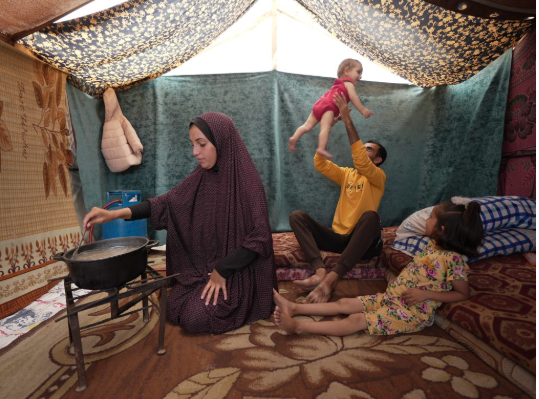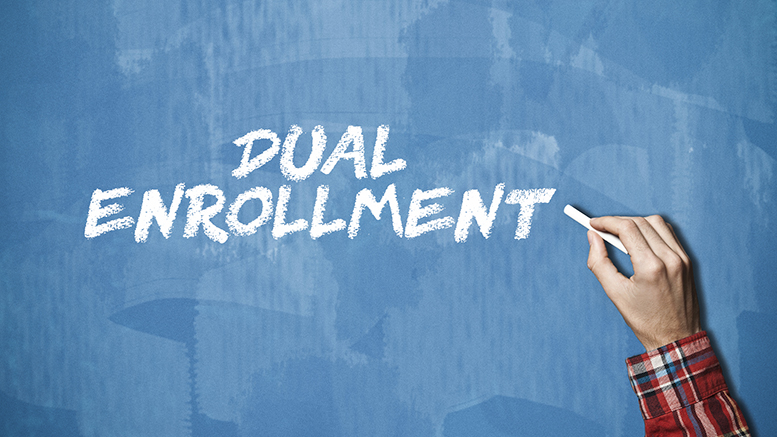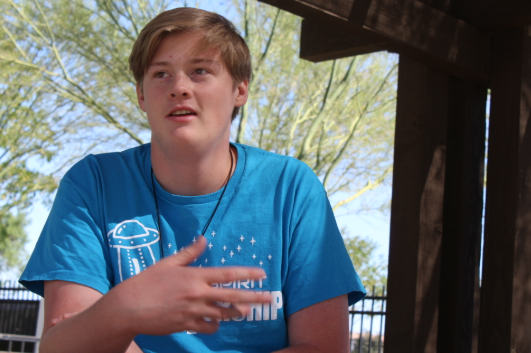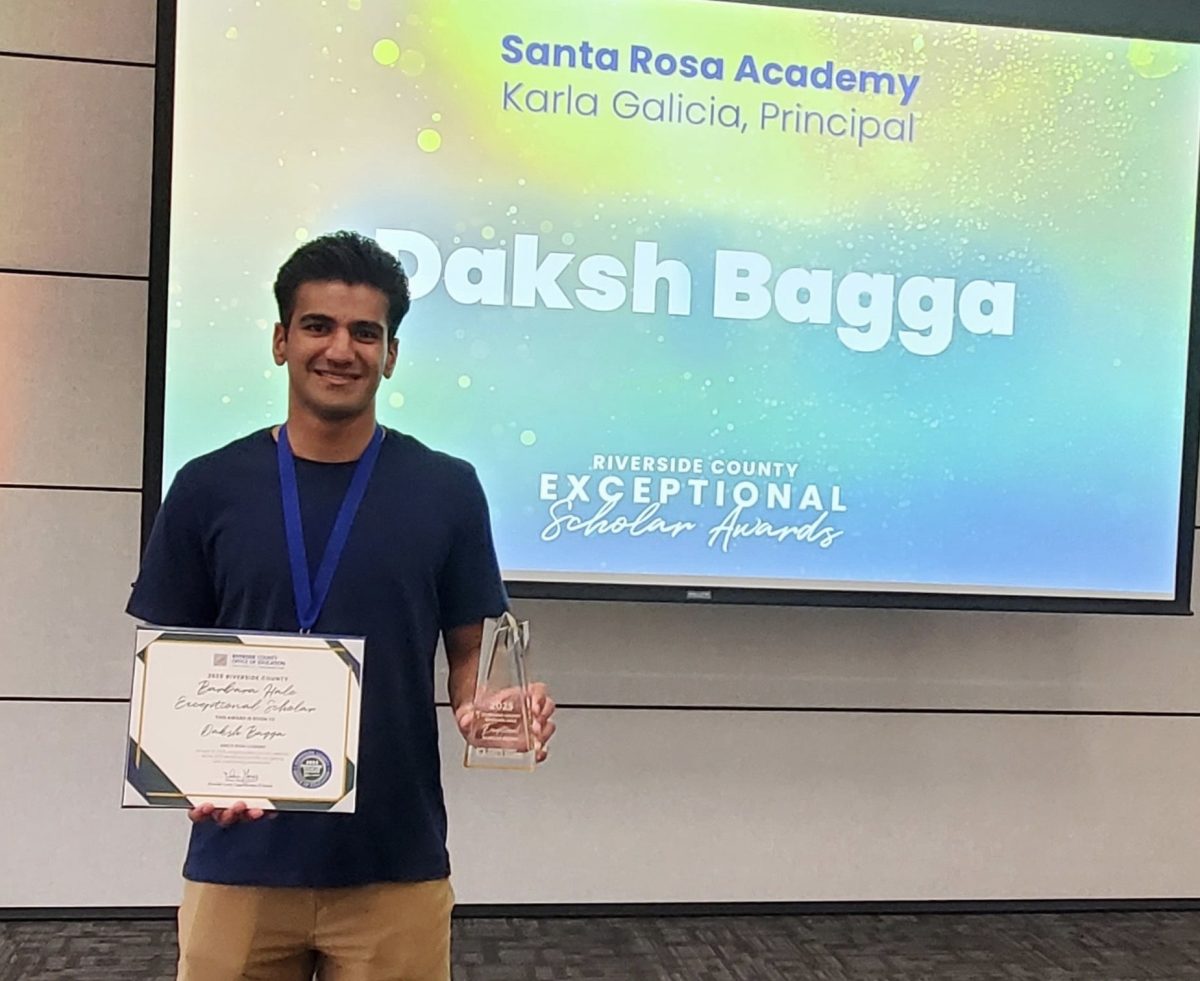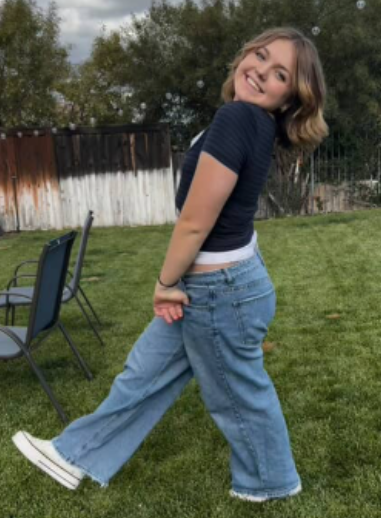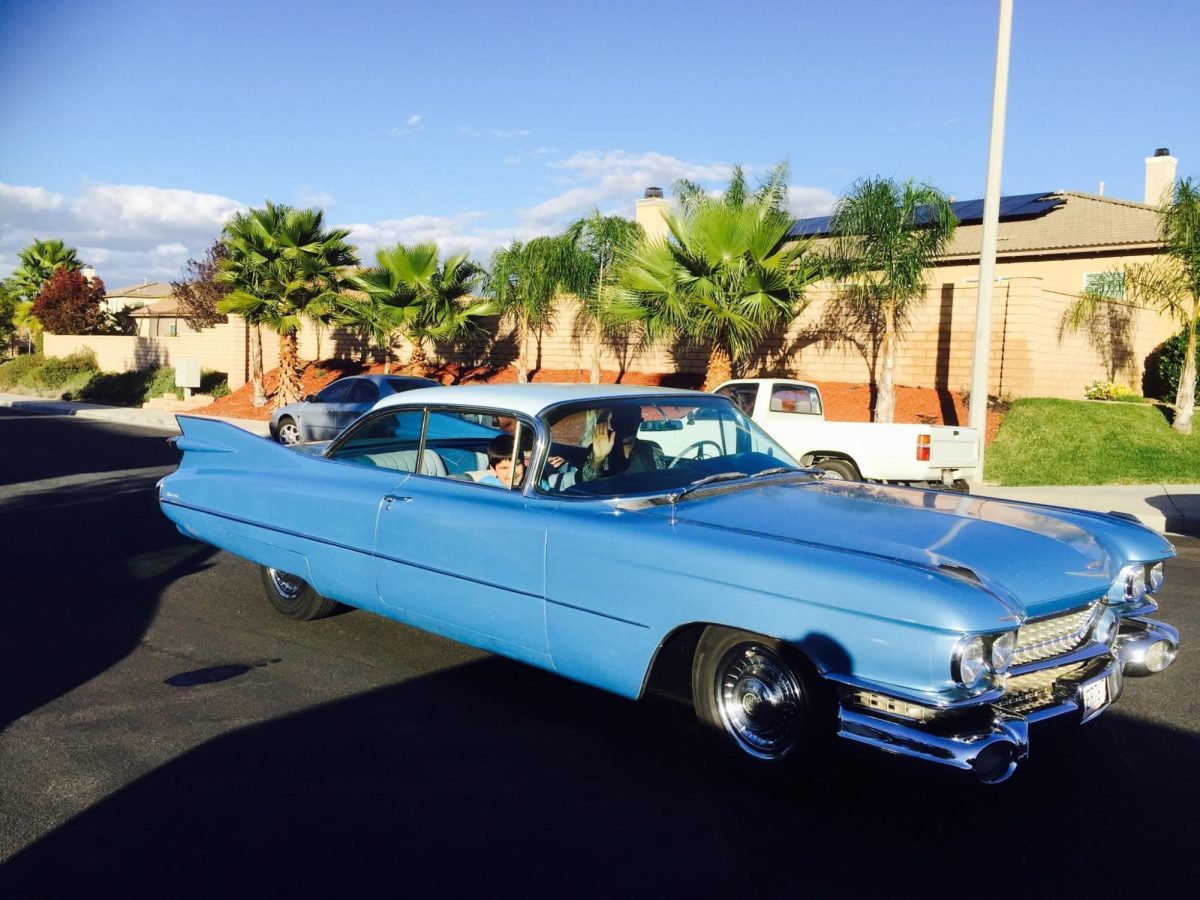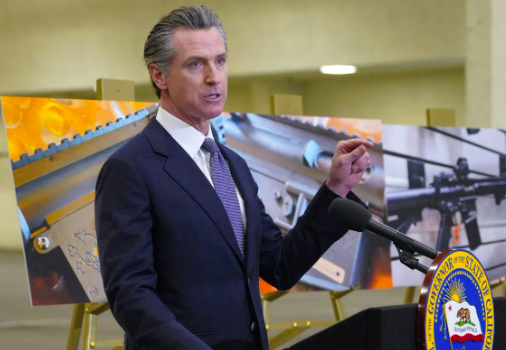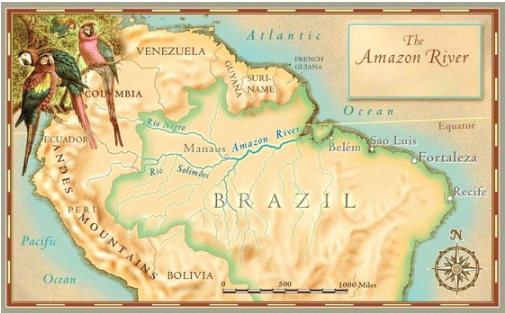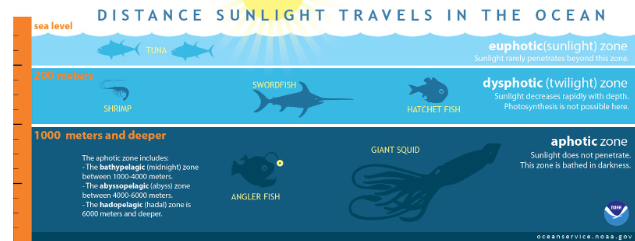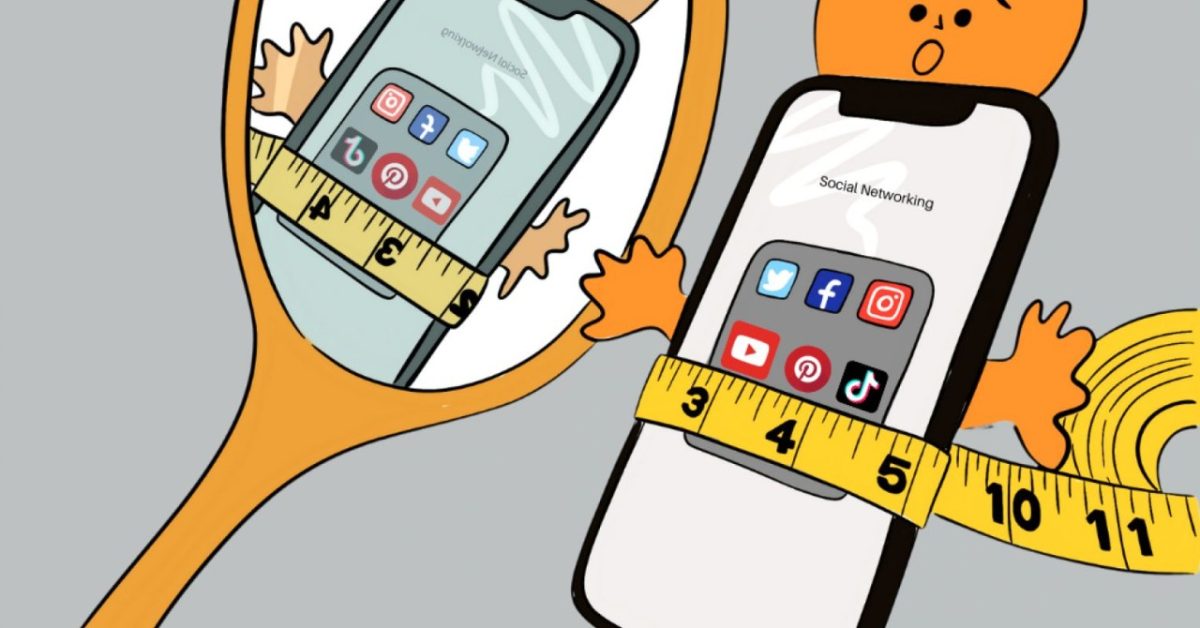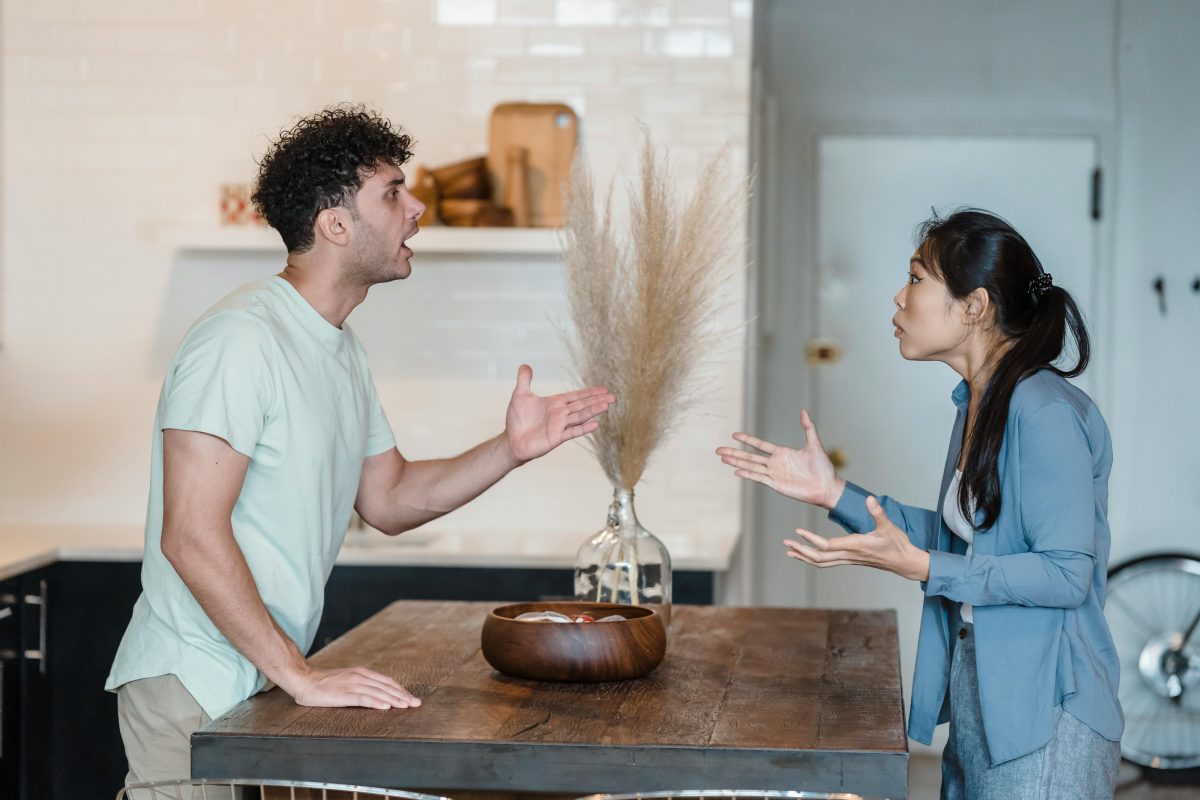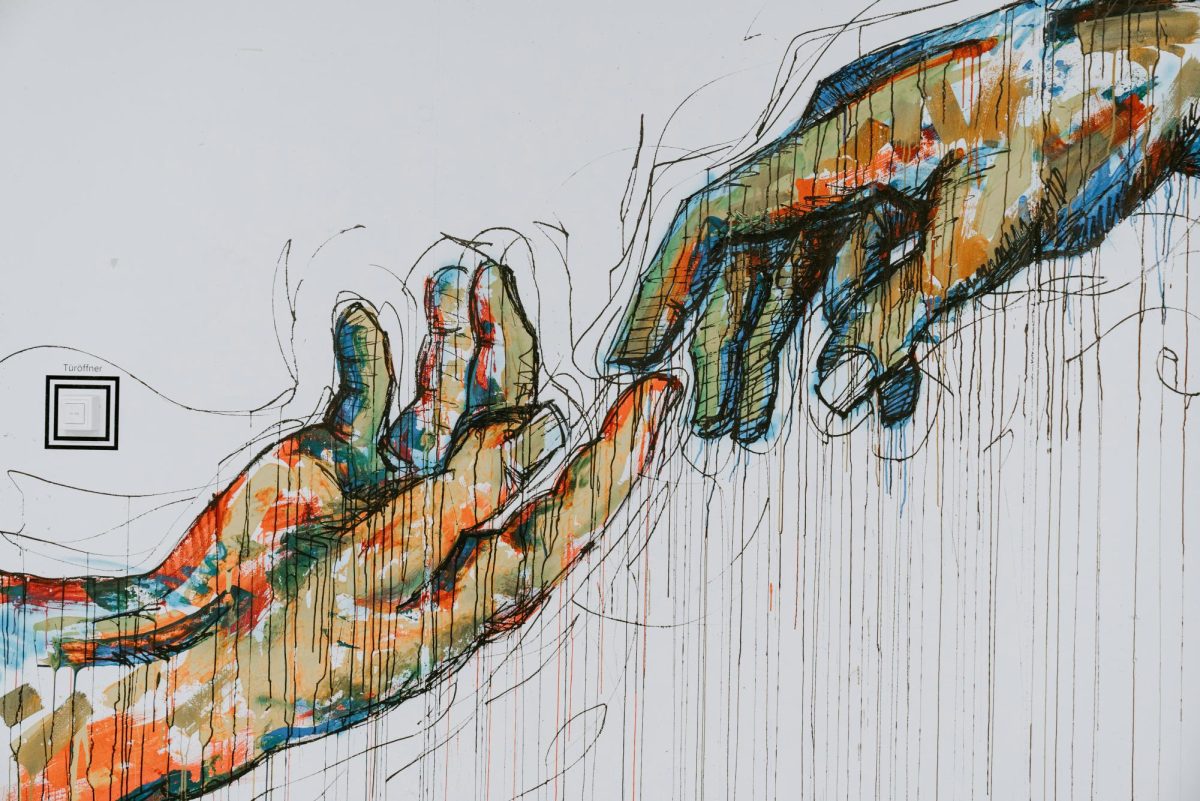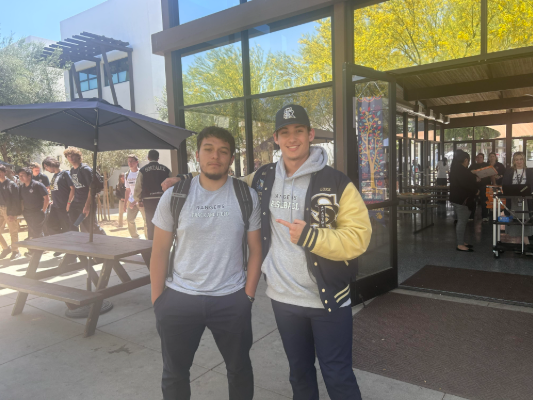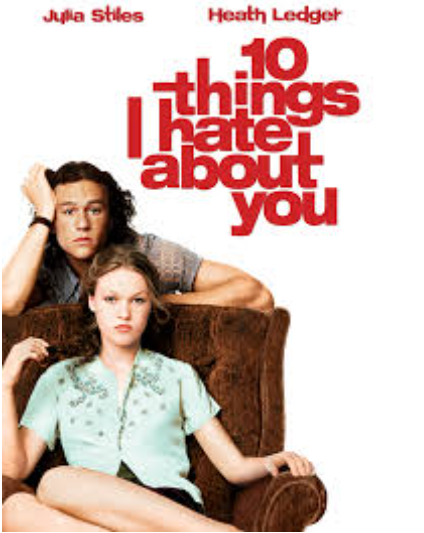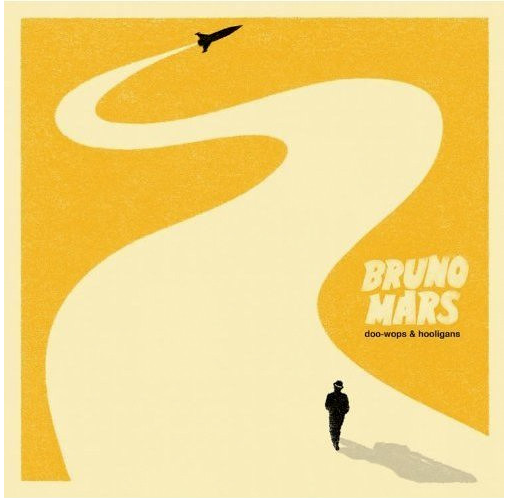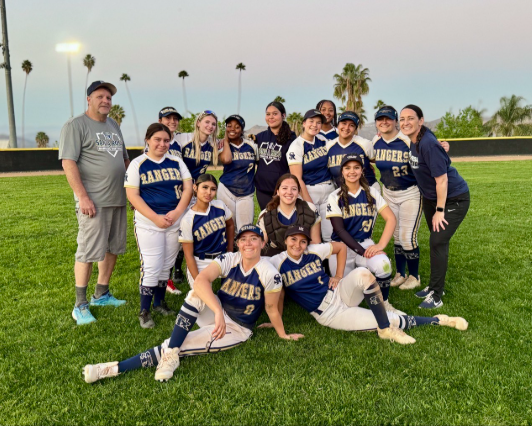Politics, often hailed as the cornerstone of democracy, can paradoxically become the wrecking ball in personal relationships. In a world where political affiliations increasingly define individuals, the repercussions on relationships can be profound. Understanding the nuances of how politics affects relationships is vital for maintaining harmony and respect. Here’s a close look at the dynamics and consequences, along with strategies for navigating this challenging terrain.
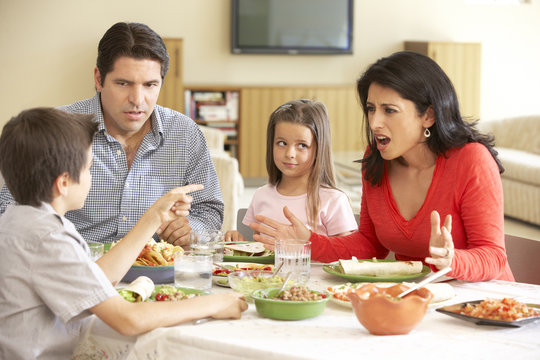
“Politics is destroying my relationship with my family. What should I do?”
“Politics is destroying my relationship with my family. What should I do?” was asked in a poignant “Asking for a Friend” column by BṺM TENORIO JR. for THE PHILIPPINE STAR. In this heartfelt column, a distressed voter expressed feeling alienated from family members due to opposing political opinions. The toxic atmosphere, fueled by misinformation and unfounded accusations, takes a toll on mental health. Family psychologist Noralle G. Collado stresses the importance of maintaining respect amidst varying political views. Seeking mediation from a neutral party may offer a pathway to healing familial rifts, emphasizing the severity of the mental health implications in such situations.
“Politics is the worst conversation starter. Thanksgiving is the worst time because everyone is so whiny about everything to do with the current president.” Junior, Danika Ivancic, on why she believes politics has negative effects on family relationships.
“Politics Wreck Relationships”
A 2023 Article on DNG Omega titled “Politics Wreck Relationships” underscores the border of ramifications of political discord. Stereotypes fueled by political bias can torpedo relationships, leading to irreparable rifts. Shockingly, statistics from a 2020 Wakefield research study reveal a staggering 33% of Americans terminated romantic relationships due to political disparities. This statistic serves as a grim reminder of the potent, often destructive, influence of politics on personal bonds.
“Frankly, I think politics just need to stay out of our personal lives; they introduce unnecessary conflict to what may already be a strained relationship.” Senior, Ben McCauley, on how he thinks political opinions affect personal relationships.

Understanding the Impact
Politics infiltrates relationships through various channels, from social gatherings to online interactions. The impact manifests in subtle yet significant ways, often eroding trust, communication, and emotional intimacy. Signs of political strife range from subtle avoidance to outright hostility, leaving relationships teetering on the brink.
Stereotypes and biases, whether conscious or unconscious, contribute to the polarization of relationships. A 2020 Wakefield research study revealed that a staggering 33% of Americans ended romantic relationships due to political disagreements, highlighting the profound influence of ideology on personal connections. In an era where social media amplifies divisiveness, the need for fact-checking discourse cannot be overstated.
Navigating the Terrain
In the face of political discord, maintaining civility and perspective is paramount. Setting boundaries, both personal and relational, serves as a protective shield against toxicity. Choosing to steer clear of contentious topics during gatherings fosters a sense of unity and mutual respect.
“It’s important to be the bigger person and change the subject when encountering people who are close-minded about politics.” News Editor, Ava LaBianco, writes in the DGN Omega article titled “Politics Wreck Relationships.”
Embracing empathy and open-mindedness facilitates constructive dialogue, even in the most polarized environments. Rather than striving to be “right,” prioritizing understanding can bridge ideological chasms and preserve valuable connections.
A Path Forward
While the landscape may seem bleak, there exists a glimmer of hope in fostering constructive dialogue and seeking common ground. Embracing fact-checked news sources and eschewing sensationalism can pave the way for informed discussions. Moreover, leveraging the healing power of nature, as a source of solace and reflection, can imbue relationships with resilience amid the tempest of political discord.
While politics may wield the power to sow seeds of discord, it is within our collective capacity to nurture the roots of empathy, respect, and understanding. Transcending the shackles of partisanship, we can pave the path toward healing fractured relationships and forging bonds that withstand the test of time.

